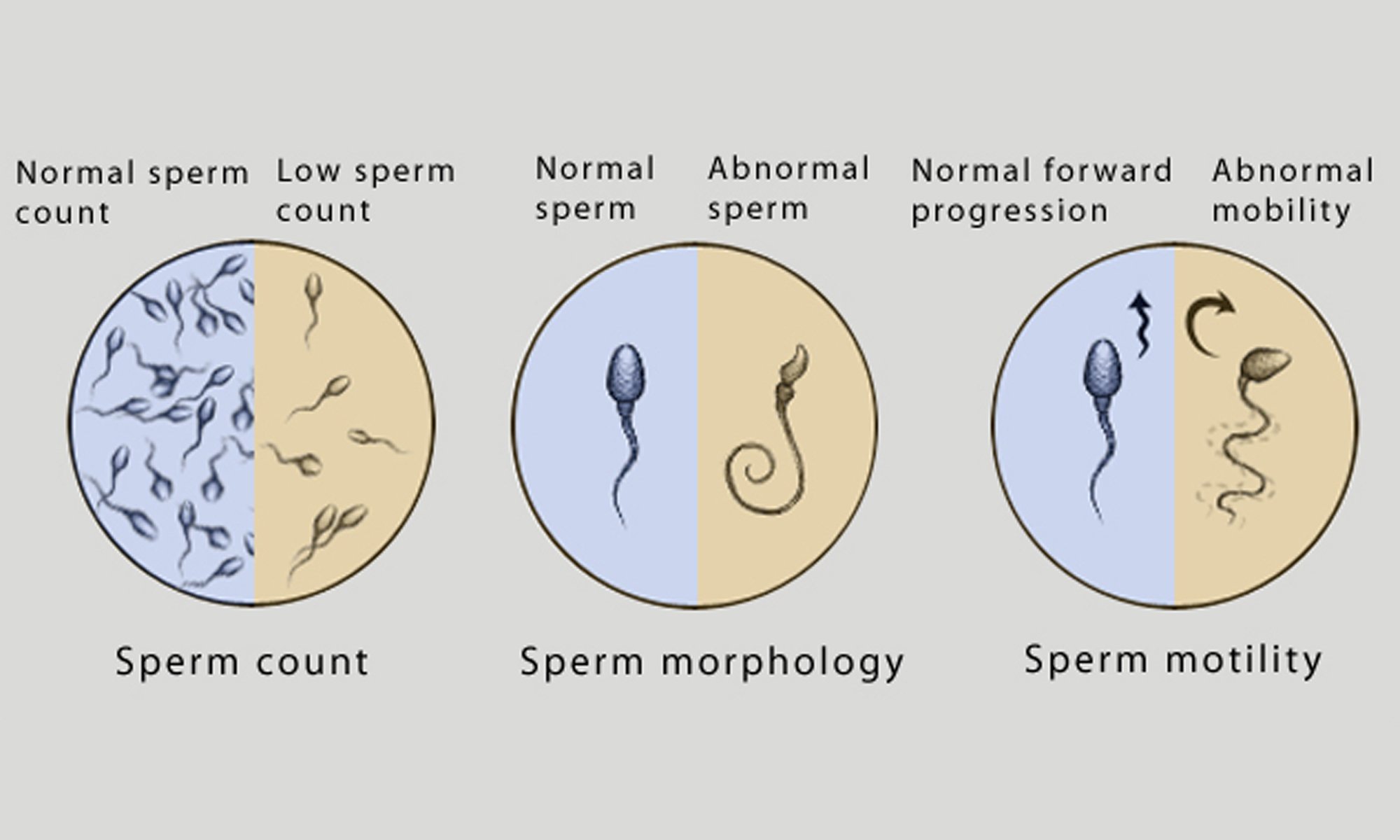Sperm quality
Sperm quality, what is that? Sperm quality refers to the ability of sperm to attain fertilization. Two interlinked factors affect this ability: sperm anatomy and sperm motility. Environmental factors, such as pollution and temperature, may also influence the quality of sperm.
Sperm anatomy
Sperm anatomy refers to the way in which the sperm moves through the egg. On the other hand, sperm abnormalities can result from genetic or hormonal causes, although external stimuli are rarely the cause. Typically, sperm abnormalities result from abnormal ducts that provide the sperm with a correct path through the egg. Sperm ducts are covered with a waxy substance and contain ducts that connect to each other like a chain. When there is a defect in the duct structure, there is a reduced opportunity for sperm to swim to the ejaculate and fertilize it.

Sperm physiology
The sperm physiology deals with the details of how the reproductive system works. Sperm may move slowly but are capable of living for more than three months without food. Sperm production levels can remain high for up to six months when the body is in a state of an anabolic environment, where nutrient provision is maximal and the testes are at their strongest. Sperms have the ability to adhere to the walls of the epididymis and the vas deferens is the epididymis and vas deferens are not blocked.
Sperm count
I’ve mentioned that sperm count is one of the important factors of sperm quality. The average sperm count can be different for different people. The normal values go from 15 million sperm to more than 200 million sperm per millilitre (mL) of semen.
Sperm abnormalities
Sperm abnormalities can also lead to male infertility. It is possible to define infertility as the inability to conceive after about one year of regular sexual activity without the use of artificial contraceptives or assisting fertility treatments. There are many possible causes for infertility and male infertility. Age, disease, lifestyle, injury, diet, chemicals, and toxins, can all affect a man’s sperm quality and result in infertility.
The study of the causes of male infertility involves a detailed examination of sperm quality, sperm motility, and its relationship with male fertility. Sperm motility refers to the ability of the sperm to swim forward or change direction during transportation through the semen. The specialists evaluate sperm quality using various techniques including sperm count, shape, odor, and DNA quality. DNA is carried within the sperm as a genetic material that can be detected after the sperm is isolated from the ejaculate. There are various factors that affect sperm quality and thus male fertility including age, race, diet, injury, and whether or not a man has diabetes.
A healthy lifestyle can greatly improve sperm production and improve sperm quality. That requires a balanced diet, regular exercise, consuming enough water and other nutrients and ensuring adequate rest. This can improve his chances of conception and increase her chances of having a successful pregnancy. It is important to note that a variety of conditions can cause infertility. Therefore, it is possible to increase the sperm production of a man suffering from such conditions, such as diabetes, enlarged prostates, polycystic ovarian syndrome (PCOS), and others.
Summary
When talking about male fertility, sperm quality plays a major role. Its look, count, and movement can affect the possibility of conceiving. There are also some external factors that can influence sperm quality, for the better or worse. Still, healthy life habits can positively affect the quality of sperm and overall improve chances for pregnancy.
Check out our Naughty Blog every day and stay updated with our latest discounts and news!





